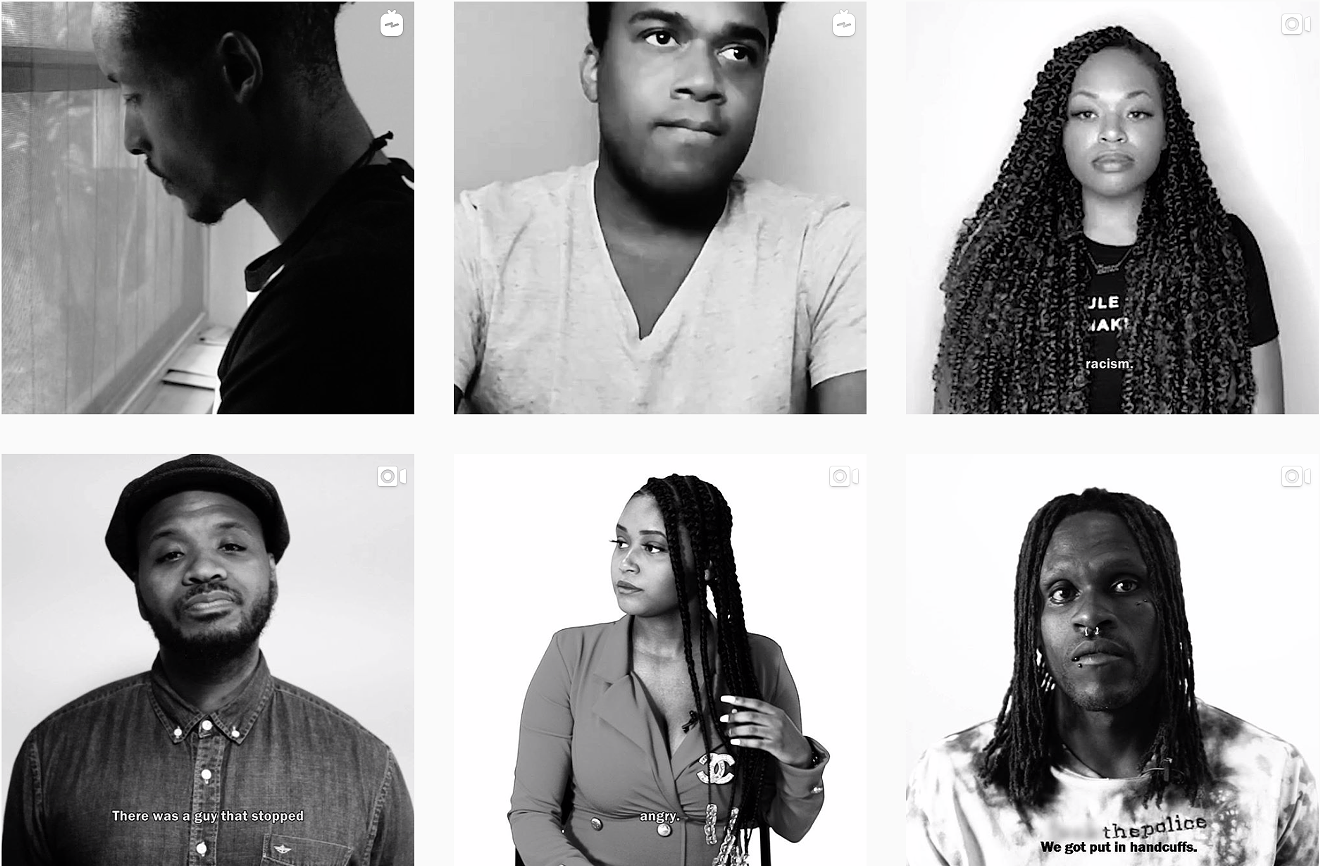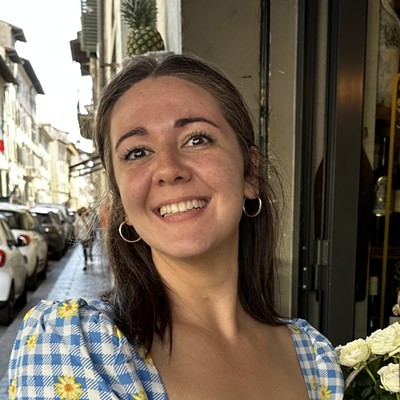One ordinary day, actor and writer Joshua Jean-Baptiste was driving down an ordinary road in a car full of friends. They were laughing, listening to music, and having an overall good time. After they stopped at a shopping center and got back on the road, their ordinary drive took an unusual turn. A man began following Jean-Baptiste and his friends, getting progressively closer and closer to their car.
Unprovoked, this man, who was white started yelling at the group of millennials, calling them the N-word. He stepped out of his car and continued yelling for no apparent reason. The group was able to maneuver its way around the stopped car and get out of there quickly. But before they drove away, Jean-Baptiste noticed the white man had his young son in the car. Not only were the man's actions unprovoked and uncalled for, but he was also passing on to his child a blatant act of racism as if it were an acceptable inheritance.
This is a story Jean-Baptiste shared as part of a growing Instagram account, The Ones Next to You (@the_ones_next_to_you). The social-media account was created by one of Jean-Baptiste's close friends, Edwin Jean, in mid-June, as the Black Lives Matter protests were gaining momentum.
Jean-Baptiste concludes his minute-long video by saying, "I'm really happy that we got out safe, but I can imagine a world where it didn't happen that way."
The aforementioned experience is just one of many the actor has endured.
Earlier this year, the Miami native made the big move to the West Coast.
"I was salivating for change, and I felt like I would find some new inspiration by leaving," Jean-Baptiste tells New Times.
And Los Angeles opened his eyes to racism in a way Miami had not. While living in Miami, Jean-Baptiste says, he didn't feel singled out by the color of his skin. As a Haitian-American, he was surrounded by Blacks and other people of color.
Hollywood has opened his eyes to casual racism.
Although the actor hadn't been living in Tinseltown long before COVID-19 virtually shut down the city, he did manage to be social for a bit. At one of the first L.A. parties Jean-Baptiste attended, he and a Hispanic friend were greeted at the door by the host, who casually joked that all the valuables were stored away so they were okay to come in.
Another time, a girl he'd just met at a bar asked him to join her darts team because he was the "Black athlete of the group." Aside from the fact that he's not athletically inclined, Jean-Baptiste notes, "It was a stupid assumption, but it was done very politely."
As an entertainer, Jean-Baptiste focuses on telling authentic stories that often revolve around a Haitian-American protagonist. In 2016, he and his creative partner, Edson Jean, were awarded a $25,000 grant as part of Ben Affleck's Project Greenlight initiative. The pair used that money to produce an eight-episode scripted web series, Grown, for Complex in 2018.
Despite living thousands of miles from home, Jean-Baptiste says, "I'm still all for producing stories that are from Miami, set in Miami, or about Haitian people, and pushing that narrative, because I feel like that's a very important fight to have."
Before the move, Jean-Baptiste and Jean wrote a movie together. The story centered on a Haitian nursing assistant, Ludi, working in Miami to be able to send money home to Haiti. Jean later directed the picture locally in Miami with funding from an Oolite Arts grant. Jean-Baptiste says the movie is being workshopped as part of the Independent Filmmaker Project (IFP) lab.
At the moment, Jean-Baptiste is working on a new script that deals with microaggression racism in the workplace, a topic he was inspired to tackle after the explosion of the Black Lives Matter movement this summer.
"I took a break from social media when everything surrounding George Floyd and Breonna Taylor's deaths happened, because I wanted to take a step back to listen and learn more," he says. "I wanted to make sure that if I did put anything out there, it was going to be from a place of being informed and a place of genuine, thoughtful insight from my part."
He points out the connection between art and protesting: Art in its purest form is essentially a form of protest. "I'm an artist," he says plainly. "Now, even more so, I want to put forth more creative content that will help push the message of equality and representation in the media."
As for what's next, he's focused on learning the lay of the land and, eventually, finagling his way into the room where things happen. "I do have a guiding light, and my goal is to be in a writer's room. I'll write some awesome episodes for a show and eventually get the opportunity to write for my own show that would star myself or someone like me.
"My goal is to be a creator and use the engine of Hollywood to create authentic stories."
[
{
"name": "Air - MediumRectangle - Inline Content - Mobile Display Size",
"component": "19274298",
"insertPoint": "2",
"requiredCountToDisplay": "2"
},{
"name": "Editor Picks",
"component": "17482312",
"insertPoint": "4",
"requiredCountToDisplay": "1"
},{
"name": "Inline Links",
"component": "18711090",
"insertPoint": "8th",
"startingPoint": 8,
"requiredCountToDisplay": "7",
"maxInsertions": 25
},{
"name": "Air - MediumRectangle - Combo - Inline Content",
"component": "17482310",
"insertPoint": "8th",
"startingPoint": 8,
"requiredCountToDisplay": "7",
"maxInsertions": 25
},{
"name": "Inline Links",
"component": "18711090",
"insertPoint": "8th",
"startingPoint": 12,
"requiredCountToDisplay": "11",
"maxInsertions": 25
},{
"name": "Air - Leaderboard Tower - Combo - Inline Content",
"component": "17482313",
"insertPoint": "8th",
"startingPoint": 12,
"requiredCountToDisplay": "11",
"maxInsertions": 25
}
]












